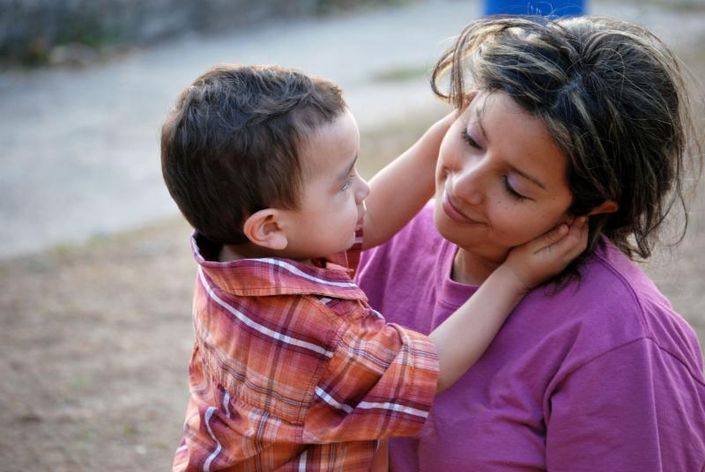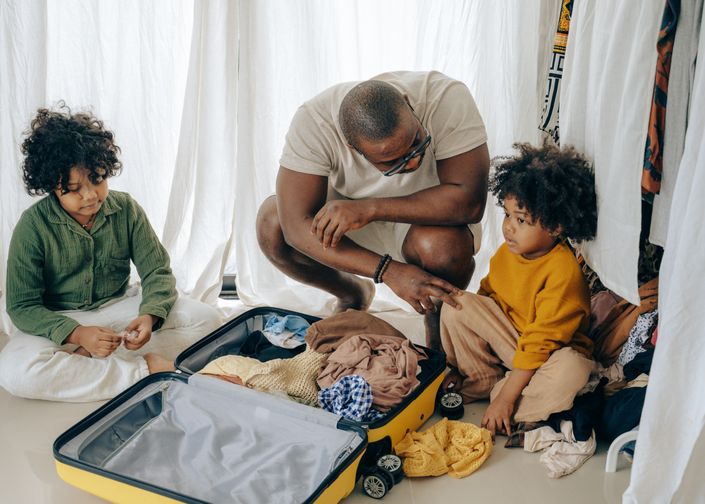When Trauma Shows Up in Tiny Moments: Understanding Behaviors in Young Children in Foster Care
Course Summary
For infants and toddlers in foster care, trauma isn’t always loud—it often shows up in silent struggles with sleep, eating, transitions, or resisting comfort. This training will help professionals decode trauma responses in everyday behaviors and understand how early relational trauma impacts emotional and physiological regulation. Instead of labeling behaviors as “difficult” or “defiant,” we’ll reframe them as adaptive survival strategies that help children cope with unpredictable environments. Participants will gain practical strategies to help foster, relative, and biological caregivers respond with sensitivity and create stability for young children in care.
Learning Objectives:
- Identify common trauma responses in young children’s daily routines (sleep, feeding, separation anxiety, sensory sensitivities, etc.).
- Understand how early trauma disrupts emotional and physiological regulation, leading to behaviors often mistaken as defiance or developmental delays.
- Reframe behaviors as adaptive responses to stress and instability, shifting the focus from discipline to co-regulation.
-
Provide caregivers with concrete strategies for fostering safety, predictability, and emotional connection in daily routines.
Suggested Endorsement Competencies:
Infant/Young Child Development & Behavior | Infant/Young Child/Family Centered Practice | Observation & Listening | Building & Maintaining Relationships | Analyzing Information | Curiosity






